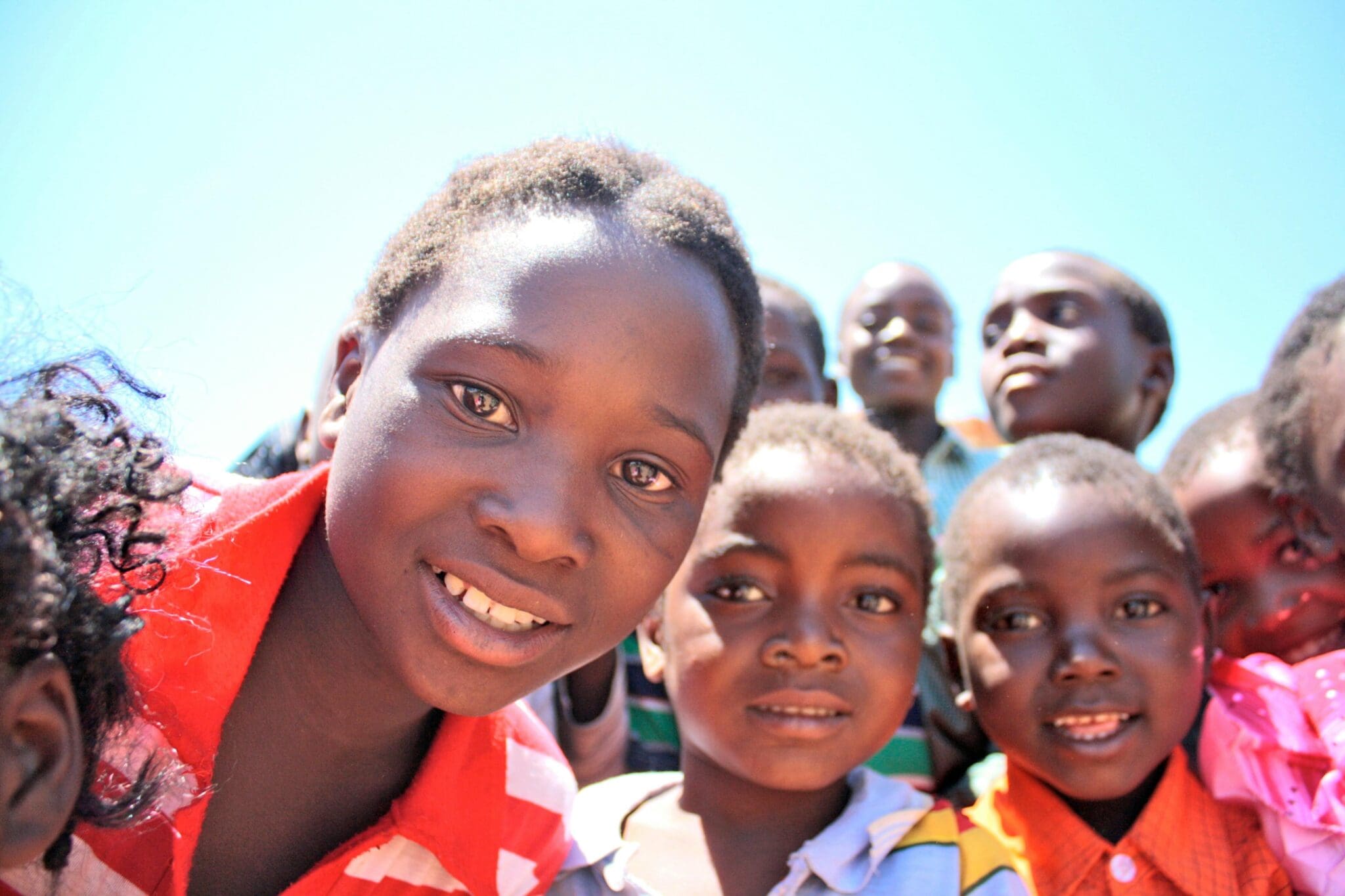
Consequences of Death of Parents on Children in Society-LEARN MORE
The death of parents leaves deprived children facing significant emotional, social, and economic challenges, often resulting in these children becoming a burden on society. Orphaned children frequently suffer from trauma and grief, which can hinder their mental and emotional development. Without parental guidance and support, they are at a higher risk of dropping out of school, leading to limited educational and employment opportunities. This lack of education often traps them in a cycle of poverty, increasing their reliance on social welfare systems. Moreover, orphaned children are more susceptible to exploitation, including child labor and trafficking, further perpetuating their vulnerable status. The absence of a stable family environment can lead to behavioral issues and delinquency, as these children may struggle to find positive role models and support networks. In many cases, the burden of care falls on extended family members or the state, straining already limited resources and social services. Communities with high numbers of orphaned children often experience increased social instability and economic hardship, as the collective capacity to support these children is stretched thin. Addressing this issue requires comprehensive interventions, including mental health support, access to quality education, and social protection programs. By investing in these areas, society can help mitigate the adverse effects of parental loss, fostering resilience and self-sufficiency among orphaned children and ultimately reducing their long-term societal burden.
